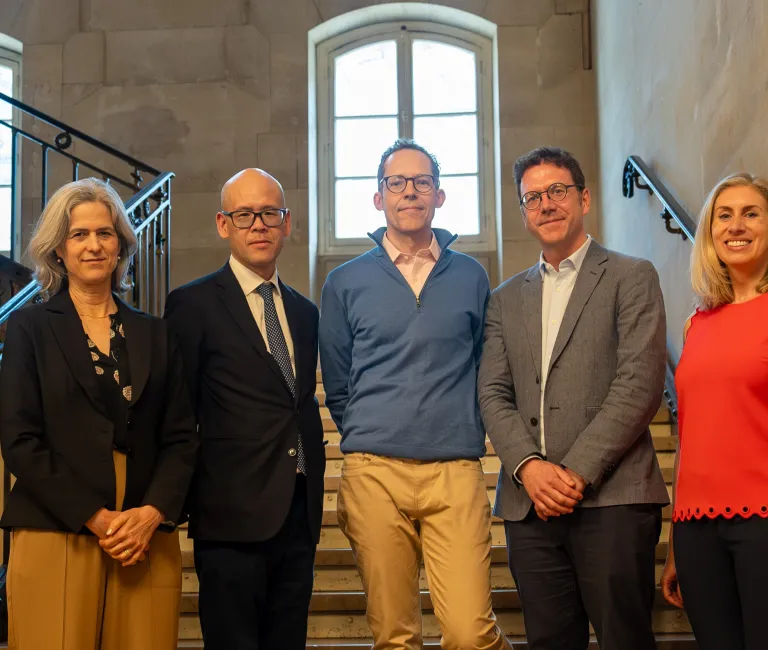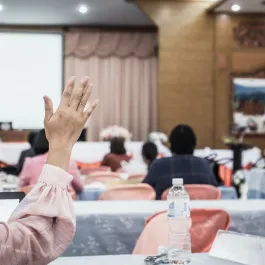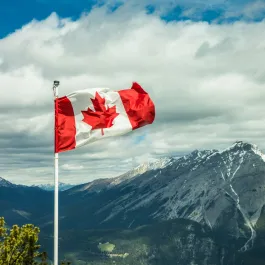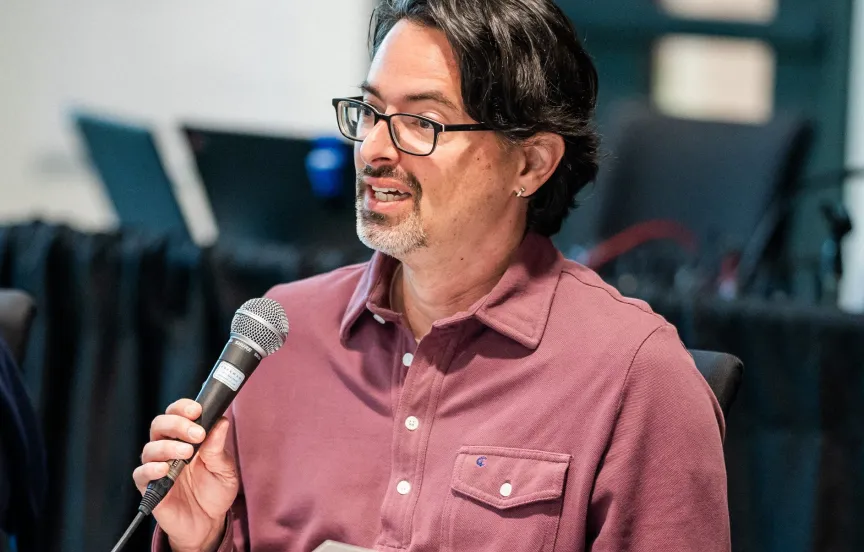
Working alongside the Foundation's other Fellows and Mentors, the Fulbright Canada—Pierre Elliott Trudeau Foundation Fellows participate and contribute content to Foundation events and provide academic leadership for Scholars.
The Fulbright Canada—Pierre Elliott Trudeau Foundation Fellows contribute to the Scholars' engagement and interest in issues and ideas outside their doctoral field. Fellows also play a critical role in supporting Scholars with knowledge sharing by actively participating in the Foundation's events.
Fellows receive a generous grant from Fulbright and travel allowance from the Pierre Elliott Trudeau Foundation.
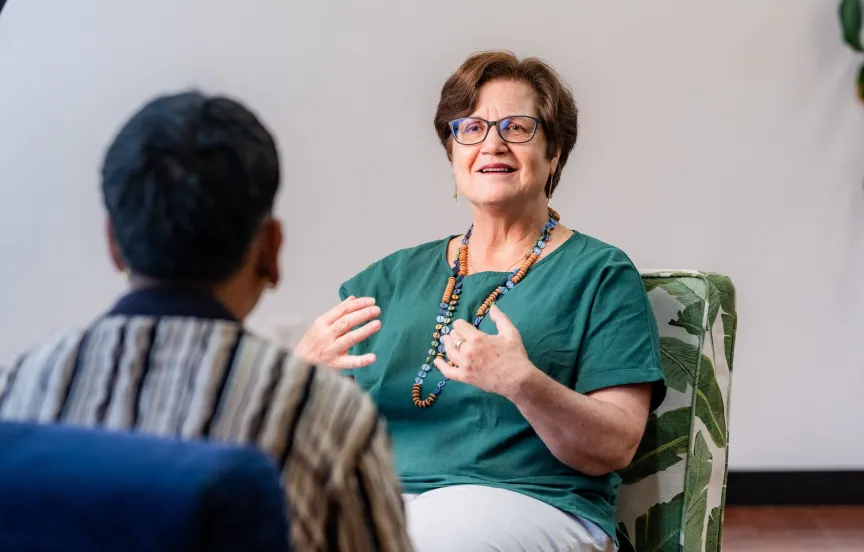
These four themes allow our community members to grow and discover intersections and interdisciplinary connections by understanding and working on them together. By moving beyond barriers, our community members serve the larger good.
- U.S. citizenship.
- Hold a Ph.D. or equivalent professional/terminal degree as appropriate.
- Proficient in English. Knowledge of French is considered an advantage.
- Compliant with all J. William Fulbright Foreign Scholarship Board (FFSB) guidelines.
- Compliance with all governmental regulations regarding visas, immigration, travel, and residency.
- Membership in a vibrant community of Scholars, Fellows, and Mentors, all leaders in their respective disciplines and fields
- Opportunities to acquire greater proficiency in Canada's official languages (English and French)
- Lifelong membership in the Foundation's alum network
- U.S. $25,000 award.
- Additional allowance of up to CA $15,000 for research, travel and networking associated with Foundation events and the leadership development of Scholars
The Fellowship provides Scholars with advice, content discussions, and exchanges during their Scholarship program.
While the Fellows do not act as PhD advisors, they are expected to broaden Scholars' minds for additional exciting ideas and conversations. Fellows may consider designing Masterclasses or sessions during Foundation events. They onboard new Scholars and play an advisory role.
- Advise and/or mentor the Foundation's Scholars
- Participate in the Foundation's events and contribute to the planning as required and appropriate
- Participate in activities related to the Foundation and Fulbright Canada, including developing and initiating events and educational activities for members of the public and the Foundation's and Fulbright's communities.
Fulbright Canada – Pierre Elliott Trudeau Foundation Fellows
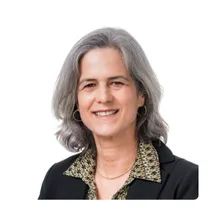
Dr. Melissa (Lisa) Redford was appointed 2024 Fulbright Canada - Pierre Elliott Trudeau Foundation Fellow. She is a Professor and Head of the Department of Linguistic at the University of Oregon.
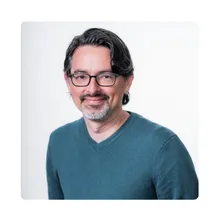
Dr. Joseph Young was appointed 2023 Fulbright Canada - Pierre Elliott Trudeau Foundation Fellow. He is a Professor in the Department of Justice, Law & Criminology at American University.
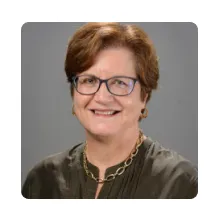
Dr. Virginia Haufler was appointed 2022 Fulbright Canada - Pierre Elliott Trudeau Foundation Fellow. She is an Associate Professor in the Department of Government and Politics at the University of Maryland.
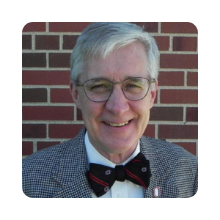
Dr. Robert Blair was appointed 2021 Fulbright Canada - Pierre Elliott Trudeau Foundation Fellow. He is a Professor Emeritus of Public Administration at the University of Nebraska Omaha.
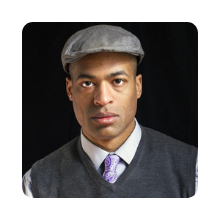
Dr. Randall Harp was appointed as the first Fulbright Canada - Pierre Elliott Trudeau Foundation Fellow in 2020. He is a Professor of Philosophy at the University of Vermont.


